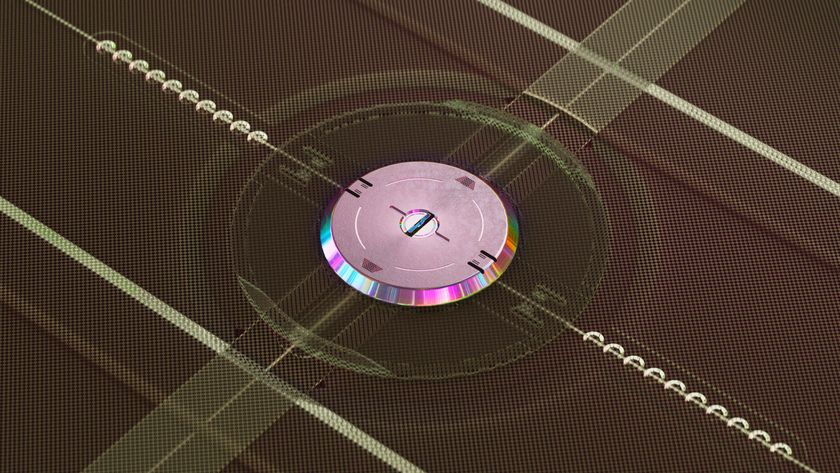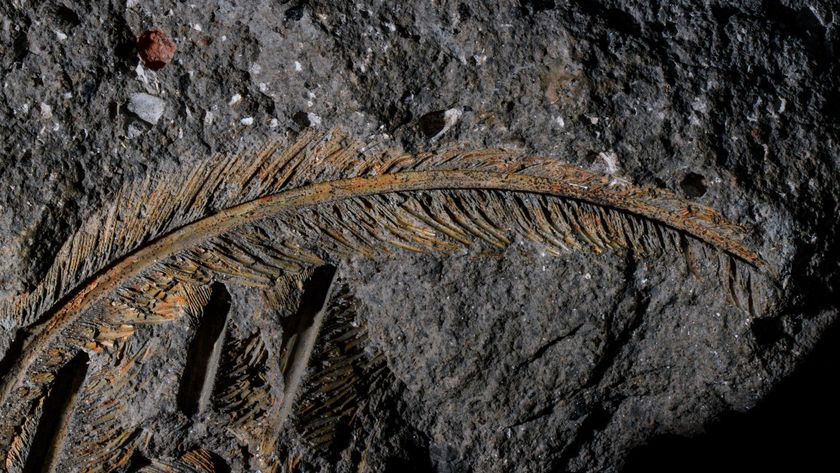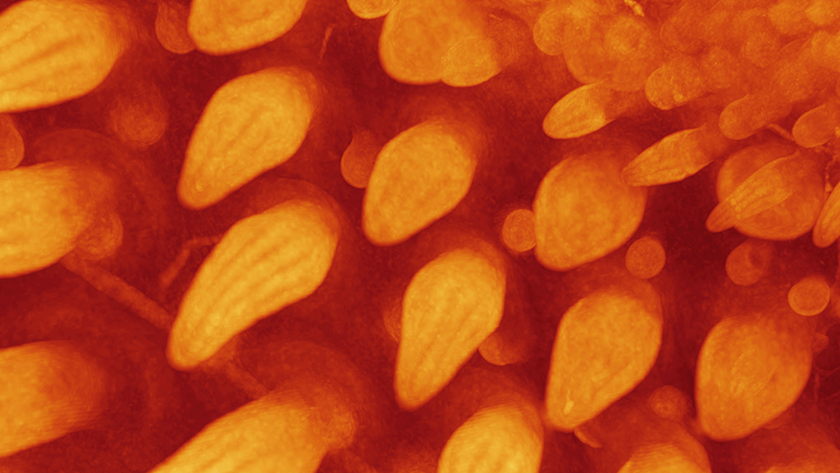Boy’s Broken Bones Had Unusual Cause

Broken bones are a common occurrence for kids, but for one 7-year-old boy, his frequent fractures turned out to have an underlying cause: celiac disease, according to a recent report of his case from Portugal.
The boy went to the doctor after breaking his arm three times in two years, the doctors who treated him wrote in their report. In all three instances, the breaks were caused by minor to moderate pressure that was applied to the boy’s bones, as opposed to a high-pressure injury from sports, for example.
At first the doctors were puzzled by the boy’s frequent fractures, because he did not appear to have any medical conditions that might have made him vulnerable to broken bones, they said. For example, the boy regularly exercised (he had soccer practice three times a week) and ate the right amount of dairy products daily — both of which are associated with strong bones. [Here’s a Giant List of the Strangest Medical Cases We’ve Covered]
In addition, blood tests revealed that the boy had normal levels of minerals associated with bone health, including calcium, magnesium and phosphorus, according to the report, which was published in January in the journal BMJ Case Reports.
One blood test result, however, did offer a clue: The boy had high levels of an antibody in his blood that is linked to celiac disease, the doctors wrote. The boy was referred to a gastroenterologist, who performed an endoscopy to confirm the diagnosis of celiac disease, according to the report.
Indeed, celiac disease is considered to be a recognized cause of low bone-mineral density, the doctors wrote in the report. Previous research has found that 16 to 19 percent of kids who were diagnosed with celiac disease had low bone-mineral density when they were diagnosed, according to the case report. And one study, published in 2011 in the World Journal of Gastroenterology, found that nearly a quarter of kids diagnosed with celiac disease had fractured a bone before their diagnosis.
Celiac disease can cause low bone-mineral density in several ways, according to the report.
Sign up for the Live Science daily newsletter now
Get the world’s most fascinating discoveries delivered straight to your inbox.
For example, one effect of celiac disease is that it damages the lining of the small intestine, which interferes with the gut’s ability to absorb nutrients. If the gut doesn’t properly absorb nutrients such as iron, folic acid and certain vitamins, it can lead to a loss of bone density, the doctors wrote.
In addition, celiac disease can cause a steady stream of inflammation in the gut, according to the study. This chronic inflammation may throw off the balance of bone-making and bone-absorbing cells. If there are more bone-absorbing cells than bone-making cells, bone-mineral density goes down.
The researchers noted, however, that going on a gluten-free diet “rapidly restores bone mass in almost all children and adolescents” with celiac disease.
In the boy’s case, he was put on a gluten-free diet, and though he had a hard time sticking to the diet at first, when the doctors saw him three and a half years after the diagnosis, he reported no additional fractures, and his bone density had improved, the doctors wrote.
Originally published on Live Science.













